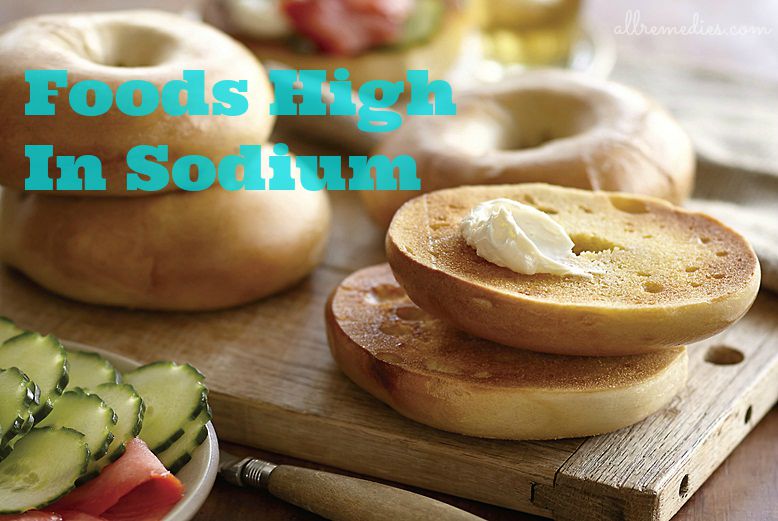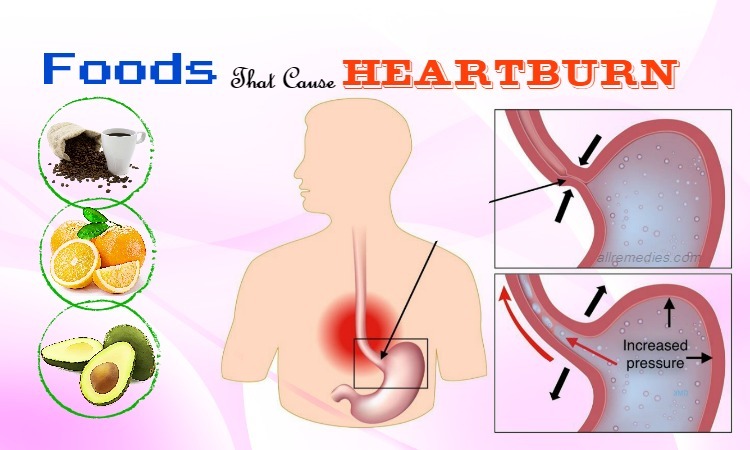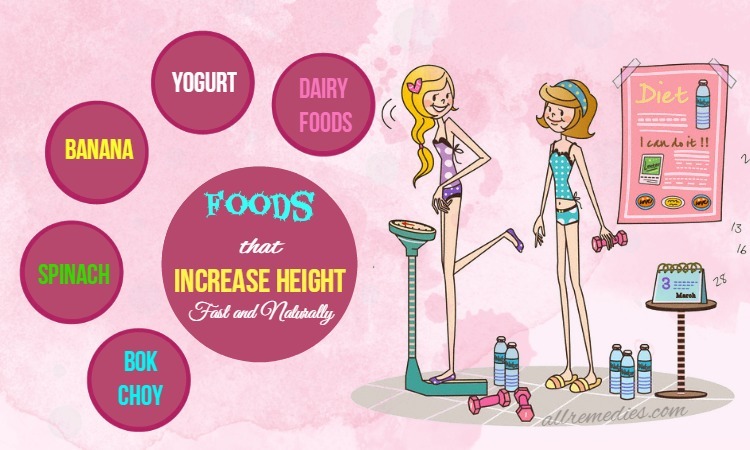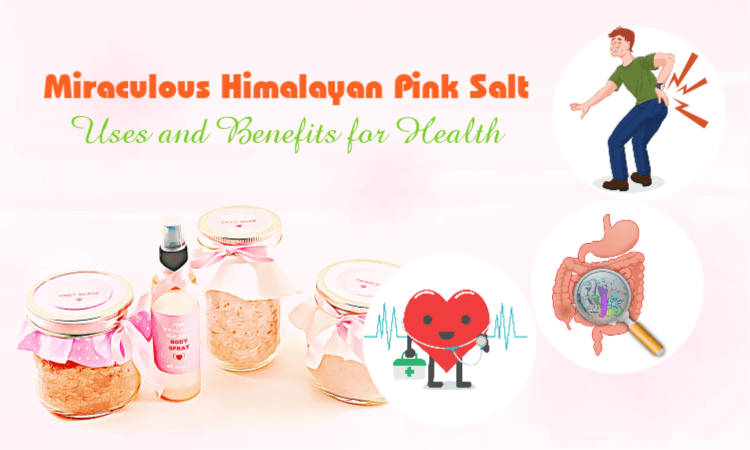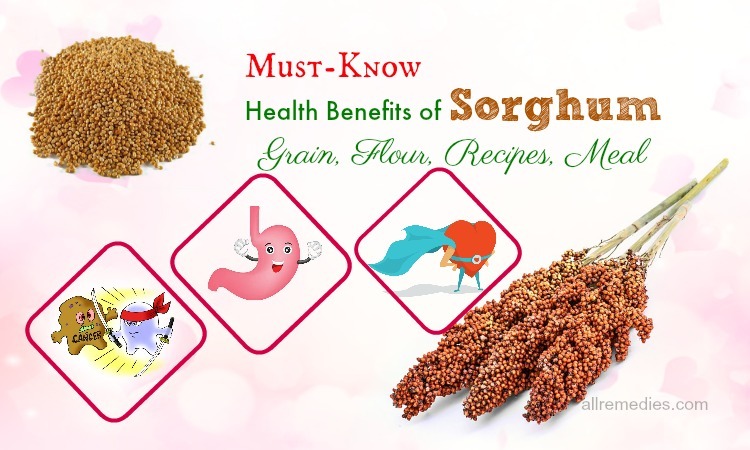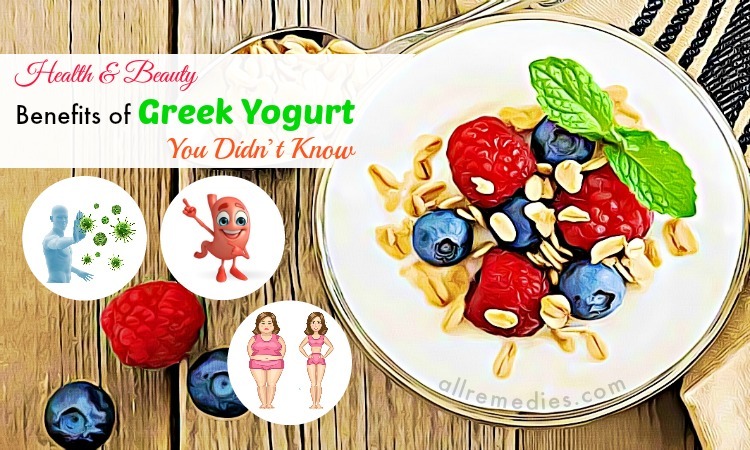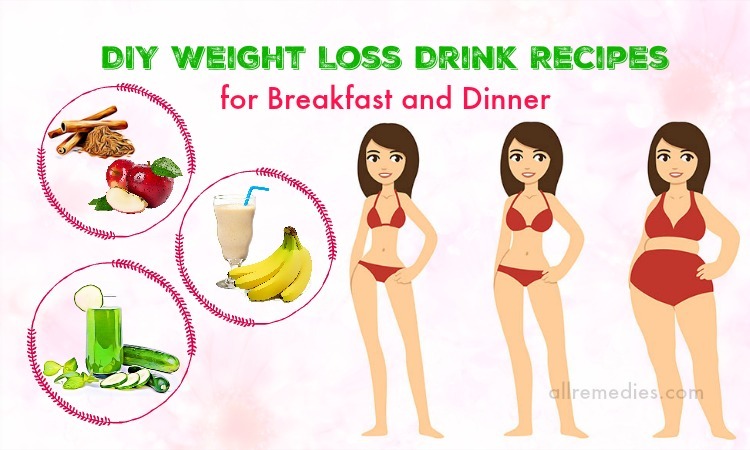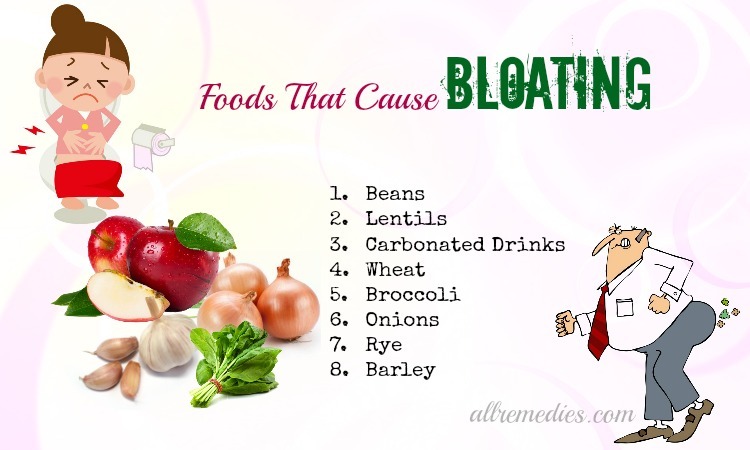
Medically reviewed By Girlene Coughlin, RD, LD, CPT
6 Foods That Cause Bloating And Swelling In The Stomach
Update: 7/30/2019
Bloating or abdominal bloating happens when the abdomen is full of gas or air. As a result, this affected area becomes enlarged and swollen. Bloating sufferers may feel pain and discomfort in their stomach, especially after eating [1]. Bloating is often accompanied by abdominal pain that is associated with the area between the pelvis and the chest. Therefore, people often call abdominal pain as a stomach ache. The severity of abdominal pain may vary from dull, sharp, and achy to cramp-like. Do you want to fasten the healing process? Do you want to relieve the pain caused by abdominal bloating? Read this article on AllRemedies to know foods that cause bloating and swelling in the stomach so that you can avoid them easily.
1. Beans
Beans belong to the legume family. It has a great source of healthy carbs and good protein. Moreover, it is crammed with essential minerals, vital vitamins, and fiber. Therefore, beans are considered one of the healthy foods that you should consume regularly. Eating beans are good for the heart and may lower the risk of heart problems. It is an ideal choice for someone who wants to lose weight because beans contain low calories. For someone with digestion-related problems such as constipation or diarrhea, beans may give them significant relief because it aids in digestion, boosts the absorption of nutrients, adds bulk to stools, and makes stools softer.
Healthy people can eat beans and foods loaded with FODMAPs as much as they can. However, patients with bloating and irritable bowel syndrome should avoid these foods because they may cause bloating. Irritable bowel syndrome creates excessive production of gas during the fermentation process [2]. It may lead to discomfort, pain and other symptoms such as flatulence, bloating, diarrhea, and cramping.
2. Lentils
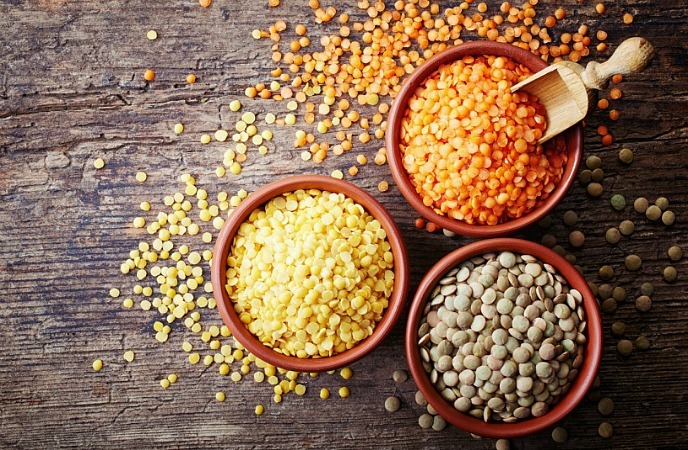
Another legume listed in the foods that cause bloating and swelling in the stomach is lentils [3]. For healthy people, lentils are an amazing food that boasts numerous wonderful benefits for health and skin. A great source of protein, healthy carbs, fiber, and essential minerals such as copper, iron, and manganese can be found in lentils. Due to its high fiber content, lentils may help alleviate constipation and diarrhea. However, this abundant fiber content of lentils may lead to abdominal bloating and swelling in sensitive individuals. Therefore, these people should not consume a lot of lentils.
Another reason why lentils cause bloating is that it contains FODMAPs. When they are consumed, these carbohydrates may boost the production of gas, resulting in bloating and swelling in the stomach.
AllRemedies Partner Solutions

Keep Asking Questions Until You Get The Answer You Need!
The Medical Experts are all here to answer your questions online or with a phone call.
However, it does not mean you cannot eat lentils or avoid consuming them completely in your daily diet. If you are keen on eating lentils, soaking and sprouting them are excellent solutions. Doing these things before eating may help lentils to be digested easily and prevent the risk of bloating.
It is important to note that light-colored lentils have lower fiber content than darker ones. Therefore, if you are a fan of lentils, you should select lighter color lentils.
3. Carbonated Drinks
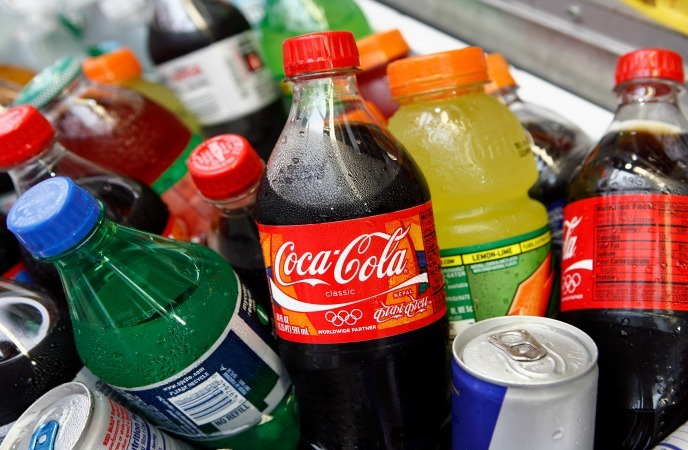
Unlike legumes that we mention above, carbonated drinks are unhealthy choices. Drinking it too much may lead to bloating and pain in the stomach because these drinks are loaded with carbon dioxide. Carbon dioxide is a gas. Drinking too much of these beverages may make the stomach filled with gas; as a result, bloating and swelling occur. This condition is more serious when carbon dioxide in the carbonated drinks get trapped in the digestive system.
To avoid bloating and other health problems, you should not consume any carbonated drinks. If you feel thirsty and dehydrated, plain water is a much better choice.
4. Broccoli And Other Cruciferous Vegetables
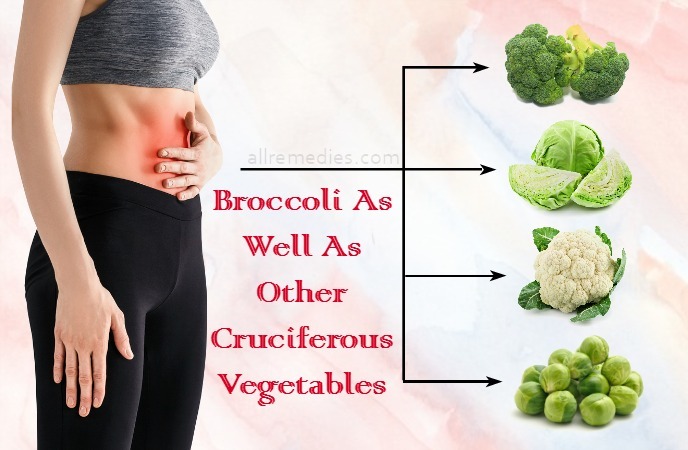
Broccoli, Brussels sprouts, cauliflower, cabbage, and other cruciferous vegetables are the foods that cause bloating & swelling in the stomach [5]. Cruciferous vegetables, especially broccoli, are well-known as a healthy food that contains a number of wonderful benefits for the health, skin, and hair. The highly nutritional content of cruciferous vegetables is undeniable. Cruciferous vegetables are loaded with numerous nutrients such as vitamin C, fiber, iron, vitamin K, and potassium [6]. However, these kinds of vegetables are only good for healthy people and who are not diagnosed with digestive problems. Consuming cruciferous vegetables may increase the risk of bloating and swelling if people have sensitive digestive systems. Cruciferous vegetables like broccoli contain a great source of FODMAPs and carbohydrates that increase the production of gas.
If you love cruciferous vegetables like broccoli, you should cook these vegetables carefully. Well-cooked foods are much easier to digest. Nonetheless, it is much better to replace cruciferous vegetables with other beneficial alternatives such as cucumber, sweet potatoes, lettuce, and zucchini.
5. Onions
Onions, underground bulb vegetables, may give a powerful and unique taste to our meals. Therefore, onions are often added to a number of cooked dishes, salads, and side dishes. Also, onions have a pivotal part in treating and preventing many health problems if consumed regularly. Onions may also be applied topically as a treatment of many skin diseases [7]. However, if you have the problem of digesting soluble fibers, you should avoid this kind of foods that cause bloating.
The soluble fiber in onions, called fructans, is one of the causes of bloating and swelling in the stomach [8]. Moreover, some people are sensitive to certain compounds in onions, especially in raw onions. However, you can reduce the effects of these compounds and fructans by eating cooked onions instead of raw ones.
6. Garlic
Garlic is a popular spice that is often added to many kinds of dishes. Moreover, garlic has been widely used as an amazing natural remedy for health issues. However, like onions, garlic is rich in fructans and carbohydrates that create the excessive production of gas; and thus, cause bloating and swelling in the stomach [8]. Therefore, garlic should be avoided if you have a sensitive immune system. Many people have intolerance and allergy to certain compounds in garlic and experience symptoms such as belching, bloating, and gas.
If you are interested in the health benefits of garlic, you should cook it before eating to reduce the unwanted effects.
However, other spices and herbs such as parsley, thyme, basil, or chives should be used in cooking to replace garlic.
How do you treat them? Let us know your experience by leaving your comments below the post. Thank you for reading.

GET FREE ACCESS!
Lorem Ipsum has been the industry's standard dummy text ever since the 1500s, when an unknown printer took a galley of type and scrambled it to make a type specimen book. It has survived not only five centuries
Also on
JOIN THE CONVERSATION
